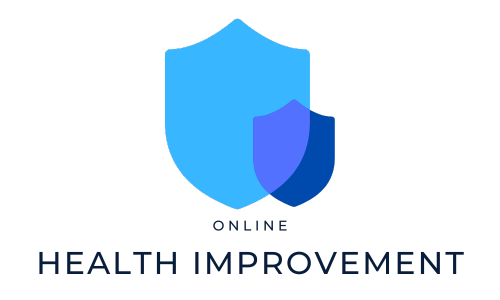Dealing with Seasonal Allergies: Tips and Tricks
Spring is undeniably a beautiful season filled with blooming flowers and vibrant greenery. However, for many individuals, it also marks the onset of seasonal allergies. Sneezing, itchy eyes, and a stuffy nose can put a damper on the joys of spring. To help you better cope with seasonal allergies, we have compiled a list of practical tips and tricks.
1. Understand the Allergens
Before seeking remedies, it is essential to identify the allergens triggering your symptoms. Pollen, mold spores, and dust mites are the most common culprits. Keep track of your symptoms and consult an allergist if necessary to determine your specific triggers. This will enable you to take appropriate measures to avoid or minimize exposure.
2. Monitor Pollen Counts
Check your local weather forecast or pollen count websites to stay updated on pollen levels in your area. On high pollen days, try to stay indoors as much as possible, especially during peak pollen hours. Early morning and late afternoon are typically when pollen levels are at their highest.
3. Keep Your Home Allergen-Free
Create a safe haven by keeping your home allergen-free. Start by regularly cleaning and vacuuming your living space, especially carpets, rugs, and upholstered furniture. Consider using a vacuum cleaner equipped with a HEPA filter to trap even the tiniest particles.
4. Use Air Purifiers and Filters
Invest in air purifiers with HEPA filters to improve indoor air quality. Place these purifiers in commonly used areas, such as bedrooms or living rooms. Additionally, make sure to change your furnace and air conditioning filters on a regular basis to prevent allergens from circulating in your home.
5. Minimize Outdoor Exposure
When stepping outside, take precautions to minimize exposure to allergens. Wear sunglasses to shield your eyes from pollen, and consider using a wide-brimmed hat to prevent pollen from settling in your hair. Opt for long-sleeved clothing to limit skin exposure, as pollen can stick to your skin and exacerbate allergy symptoms.
6. Practice Proper Hygiene
Good hygiene can reduce the transfer of allergens from one area to another. Wash your hands frequently, especially after spending time outdoors or petting animals. Also, consider showering and changing your clothes immediately after coming indoors to remove any lingering allergens.
7. Use Over-the-Counter Remedies
Over-the-counter antihistamines, nasal sprays, and eye drops can provide temporary relief from allergy symptoms. These medications work by reducing inflammation and blocking histamine release, which causes sneezing and itchiness. Consult with your pharmacist or healthcare provider to determine which product is best for you.
8. Natural Remedies
Some individuals prefer natural remedies to alleviate allergy symptoms. Nasal saline irrigation using a neti pot or nasal spray can help flush allergens from your nasal passages. Additionally, consuming local honey, which may contain small amounts of pollen, is touted by some as an effective way to build immunity to local allergens.
9. Consult Your Doctor
If over-the-counter remedies aren’t providing significant relief, or your symptoms are persistent and interfering with your daily life, it may be time to consult a healthcare professional. They can help determine if prescription medications, such as stronger antihistamines or corticosteroids, are necessary to control your allergies.
10. Consider Allergy Shots
Allergy shots, also known as immunotherapy, may be an option for individuals with severe allergies. This treatment involves gradually exposing you to increasing amounts of allergens to help your body build immunity. Allergy shots are typically administered over a period of several years and can significantly reduce allergy symptoms in the long run.
By implementing these tips and tricks, you can reduce the impact of seasonal allergies on your daily life and enjoy the beauty of spring with minimal discomfort. Remember, it’s essential to understand your triggers and take proactive measures to minimize exposure.
